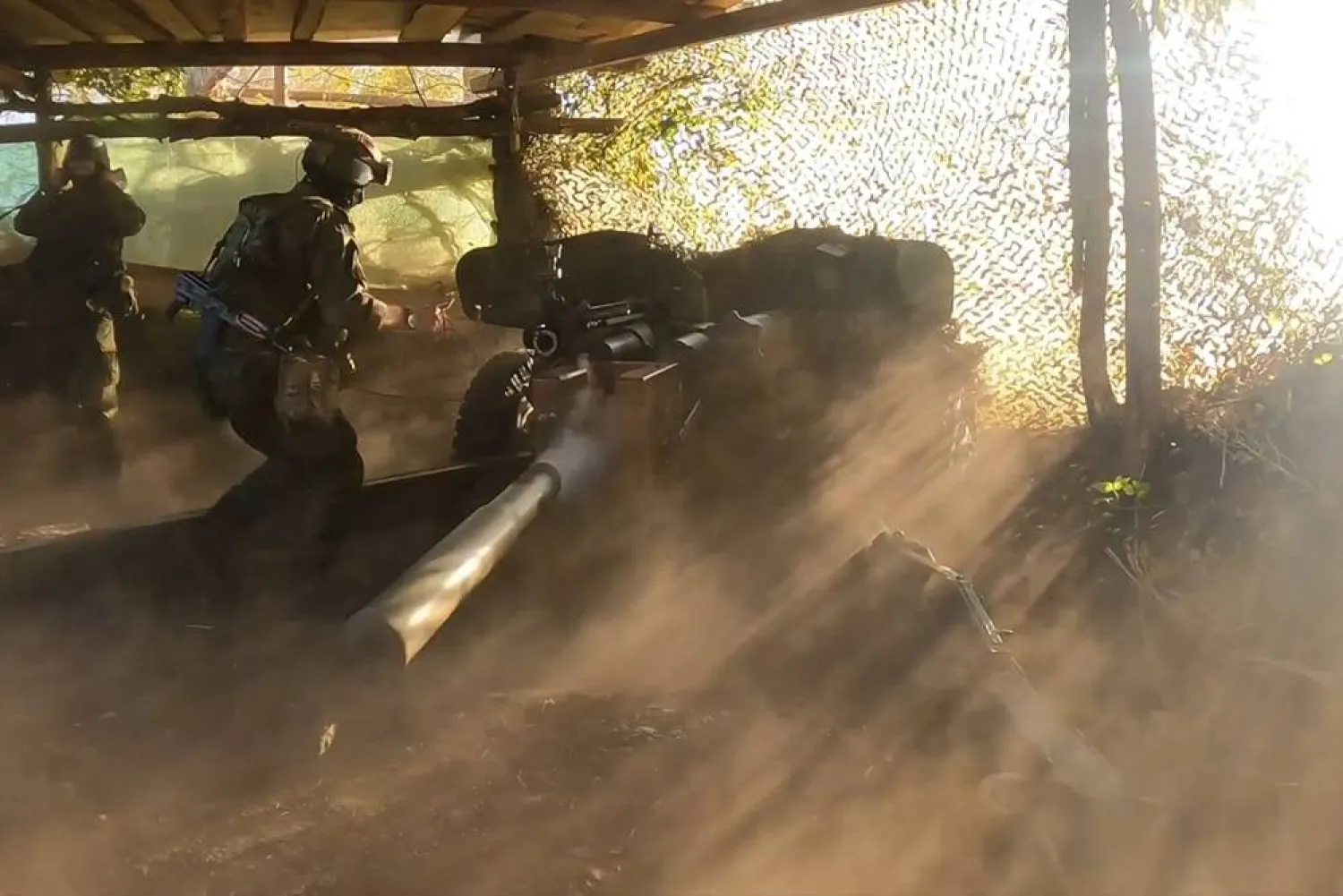Ukraine's armed forces commander General Oleksandr Syrskyi said on Friday his troops had advanced up to 2 km (1.2 miles) in Russia's Kursk region in the past day, pressing on with the cross-border incursion it started more than three weeks ago.
Syrskyi also said Russian troops had failed in their latest bid to pierce Ukrainian defenses in the Pokrovsk area of eastern Ukraine.
Kyiv launched its surprise operation into Kursk in western Russia on Aug. 6. It has claimed to control about 100 settlements and said it reached up to 35 km (22 miles) deep into the region, but later advances appeared to have stalled.
Syrskyi said on Friday his troops had moved forward again with a renewed effort, gaining 5 square km of Russian territory in the past 24 hours.
President Volodymyr Zelenskiy, who was briefed by Syrskyi via video link, said on Telegram the Ukrainian military had taken more prisoners.
Kyiv has said the incursion - arguably its boldest move in a war that began with a Russian full-scale invasion of Ukraine in February 2022 - is designed to protect its border settlements from constant Russian strikes.
Analysts also suggested that Ukraine had expected Russia to re-deploy troops to the area, thus weakening Moscow's main eastern offensive.
But that advance has not noticeably slowed, with Russian forces saying they were moving ever closer to the city of Pokrovsk in eastern Ukraine, a strategic transportation and evacuation hub. It lies on a key supply route linking central Ukraine with large towns in the east.
Syrskyi said the Russians had failed in their attempts to break Ukrainian defenses in the Pokrovsk area in the last day. Ukraine's General Staff put the number of assaults in the Pokrovsk direction on Thursday at 58, and at 36 as of Friday.
Russia's defense ministry said earlier on Friday its troops had captured three settlements in eastern Ukraine.
Russia has called Ukraine's Kursk operation a "major provocation" and said it would retaliate. On Monday, it launched over 200 missiles and drones at the country, targeting the energy sector in one of the biggest such attacks of the war.
Following the barrage, Kyiv officials repeated calls on their allies to start shooting down Russian missiles and drones over Ukraine's western regions to help the country's stretched air defenses and to protect civilians.
Ukrainian Defense Minister Rustem Umerov said on Telegram on Friday he had addressed the issue at an informal meeting of EU defense ministers.
He urged allies to create a safety zone - which he called a "defense belt" - over Western regions of Ukraine.









